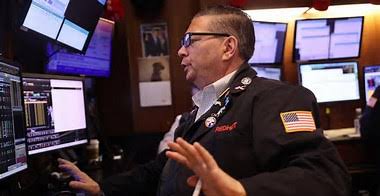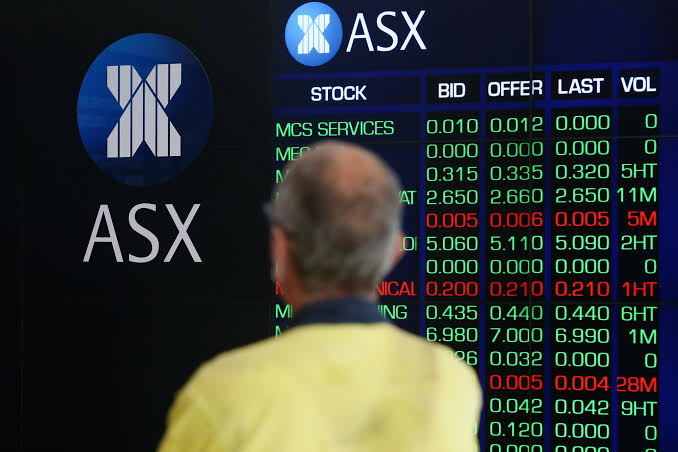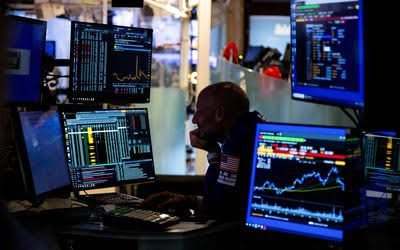Asian markets mostly went down because investors were being cautious before Jerome Powell’s speech at the Jackson Hole conference as head of the Federal Reserve. Market players are closely listening to Powell’s comments to get clues about the U.S. central bank’s monetary policy direction, especially when it comes to whether interest rates will go up or down in the future. At the same time, Japan’s most recent inflation figures made the economic outlook even more complicated and affected how investors felt all over the region.
In July, Japan’s overall inflation rate stayed the same at 2.8%, the same as the month before. But the “core-core” inflation rate, which doesn’t include the prices of fresh food and energy and is closely watched by the Bank of Japan, fell from 2.2% in June to 1.9% in July. The rate of “core-core” inflation has been this low since September 2022. The decrease in this indicator may mean that Japan’s economy is experiencing less price pressure, which could have an effect on the Bank of Japan’s policy stance as it tries to reach its long-term inflation goal of 2%.

Asian markets slide as investors anticipate Jerome Powell’s speech at Jackson Hole and react to Japan’s latest inflation data.
The uncertain markets in the region have been made worse by Japan’s mixed inflation figures. The stable headline inflation rate suggests that prices will stay the same, but the drop in the core-core number could mean that inflationary pressures are weakening. People are now wondering if the Bank of Japan will change its ultra-loose monetary policy, which has been in place for years to fight deflation. Any change in how the Bank of Japan does things could have big effects on the financial markets, especially since Japan is such a big player in the world economy.
In other parts of Asia, too, markets were responding to worries about the growth of the world economy and the possibility that the US will tighten monetary policy even more. Investors are eagerly anticipating Powell’s speech at Jackson Hole to see if it gives them any clues about what the Federal Reserve will do next. Since inflation is still high in the U.S., people are wondering if the Federal Reserve will keep raising interest rates quickly or start to loosen up to help the economy grow. Powell’s comments could give important advice and could affect market movements not only in the U.S. but also in Asia and other places.

Japan’s inflation data shows a decline in core-core inflation, contributing to cautious trading across Asian markets.
The cautious mood was clear on all of Asia’s big stock markets. As investors thought about what the U.S. and Japanese economic numbers meant, the Nikkei 225 in Japan, the Hang Seng in Hong Kong, and the KOSPI in South Korea all went down. Uncertainty about Powell’s planned speech made people even less willing to take risks, which resulted in low trading volumes and a lack of clear market direction.
Aside from worries about inflation and monetary policy, people in the market are also watching what’s happening in geopolitics and reading earnings reports from companies. These things could change how investors feel even more in the next few days. The choices made by central banks like the Federal Reserve and the Bank of Japan will continue to have a big impact on how markets act, even as the global economy changes.

Global uncertainty rises with upcoming Fed remarks and Japan’s inflation figures influencing market trends in Asia.
As a result, Asia’s markets are dealing with a number of issues while they wait for Jerome Powell’s speech at Jackson Hole and look at Japan’s most recent inflation figures. Since Japan’s “core-core” inflation rate is at its lowest level since September 2022 and investors don’t know what the Fed will do next, they are being careful and keeping a close eye on these events as they happen.